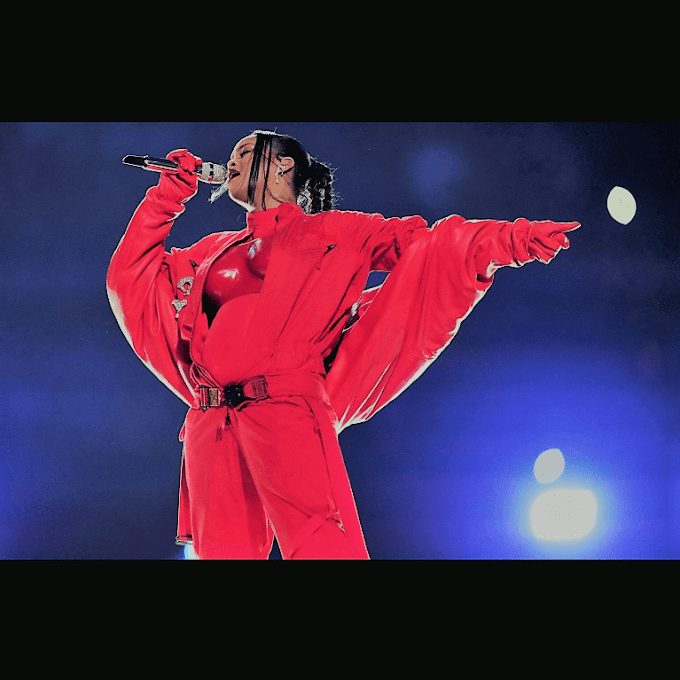Rihanna's halftime show during Super Bowl LVII has reportedly drawn the most complaints from viewers to the Federal Communications Commission (FCC). Of the 103 complaints received by the FCC about the Super Bowl broadcast, most were directed towards Rihanna's performance.
In this article, we will explore the reasons behind the
complaints, the impact of such complaints on the FCC's regulations, and the
broader implications for halftime shows at major events like the Super Bowl.
The Controversy
Surrounding Rihanna's Halftime Show
Rihanna's halftime show during Super Bowl LVII was a
spectacle that featured her biggest hits and an impressive display of
pyrotechnics. However, the show did not sit well with some viewers, who were
offended by the explicit content and suggestive dance moves.
Many of the complaints centered on the content of the show, which was deemed inappropriate for a family audience. Some viewers were also upset by Rihanna's provocative attire, which they believed was not suitable for a performance during a major sporting event.
The Impact of FCC
Complaints on Regulations
The FCC is the agency responsible for regulating the
broadcast industry in the United States. It is tasked with enforcing the rules
and standards for broadcast content, including those related to indecency and
obscenity.
Watch Rihanna’s FULL Apple Music Super Bowl LVII Halftime Show
When the FCC receives complaints about broadcast content, it
is required to investigate the matter and determine whether any rules or
regulations were violated. If a violation is found, the FCC can issue fines or
other penalties to the broadcaster.
In the case of Rihanna's halftime show, it is unclear
whether the FCC will take any action in response to the complaints it received.
While the complaints may prompt an investigation, it is ultimately up to the
FCC to determine whether any rules were violated.
The Broader
Implications for Halftime Shows
Halftime shows at major events like the Super Bowl are a
tradition that dates back decades. They are an opportunity for performers to
showcase their talents and for fans to enjoy a break from the game. However, in
recent years, these shows have become increasingly controversial.
The controversy surrounding Rihanna's halftime show is not
unique. In recent years, halftime shows have come under fire for featuring
explicit content and suggestive dance moves. Some viewers believe that these
shows are not suitable for a family audience and that they should be toned down
or eliminated altogether.
However, others argue that halftime shows are an important part of the Super Bowl experience and that they should be allowed to continue. They point out that performers like Rihanna bring in viewers who may not otherwise be interested in the game and that they add to the overall excitement of the event.
Conclusion
The controversy surrounding Rihanna's halftime show during
Super Bowl LVII highlights the ongoing debate about the appropriateness of
halftime shows at major events like the Super Bowl. While some viewers were
offended by the explicit content and provocative dance moves, others argue that
these shows are an important part of the event.
As the FCC investigates the complaints it received about the
show, it remains to be seen whether any action will be taken against the
broadcaster. However, regardless of the outcome of the investigation, the
controversy surrounding Rihanna's halftime show is likely to continue to
generate discussion and debate for some time to come.










